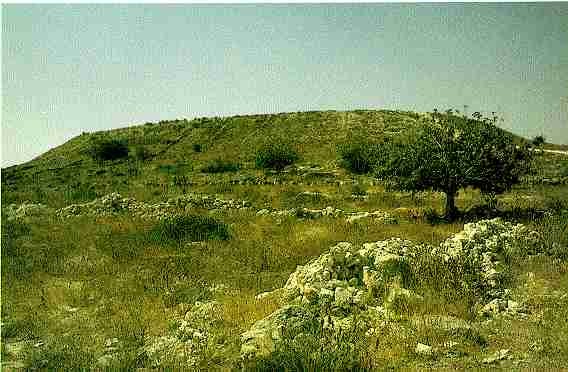This psalm opens with the truth that the God of Promise, the covenant God, rules mightily. With this truth, all else is trivial. With this truth, there will be much joy. Because He reigns, not will reign but does reign, we have reason to rejoice. He is in control of all and He is good and just.
This psalm should remind the reader of the happenings at Mt. Sinai and the giving of the Law (Exodus 19). It is also a stark reminder of the days to come when God will indeed judge the earth in righteousness and truth.
Whereas Psalm 95 calls God’s people to sing and Psalm 96 calls all the earth to sing, Psalm 97 calls both the world and God’s people to rejoice. While the Septuagint ascribes this psalm to David, there is nothing else that supports or denies this. For the sake of our study, we will agree with the Septuagint.
- Verses 1-6-This imagery is of God’s presence coming. With it comes blessing and judgement. Blessing for those who can rejoice in Him and judgement for all others.
- Verses 7-12-We are called to hate evil if we love the Lord. We can read the verse this way: “The Lord loves those who reject evil and choose holiness.”
Can you state you hate (or reject) evil? What about your gods, which are not gods at all? Do you accept them? They are evil. The way for you to full know you have been rescued from the dominion of darkness and have been placed into the kingdom of the Son He loves is how you live your life (Acts 26.18-19 and Colossians 1.13-14). Your works do not save you, but the display to yourself and others that you have been saved. And, part of this is to reject or hate evil.
Media
- Child of the King by Bezalel
- The Lord Reigns by Maranatha! Singers

